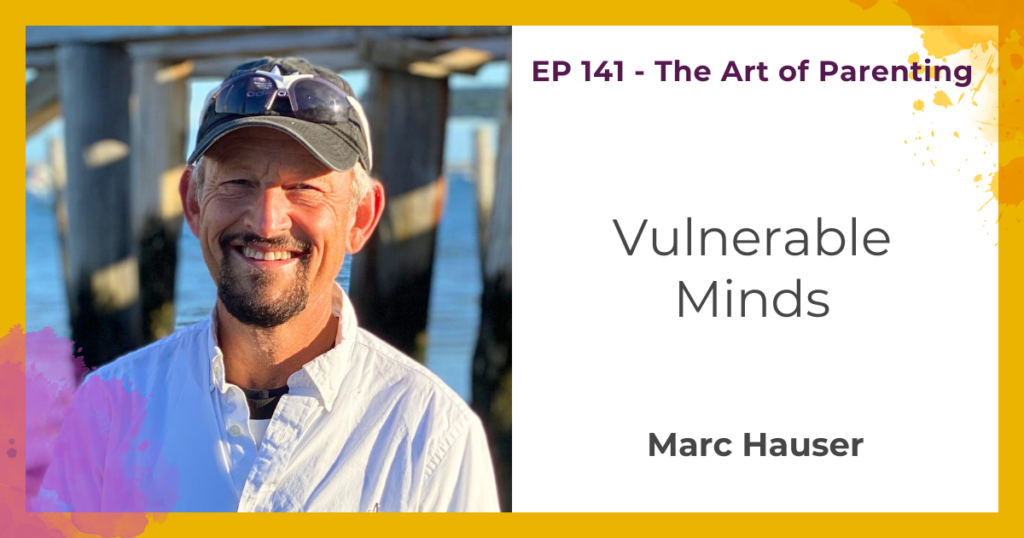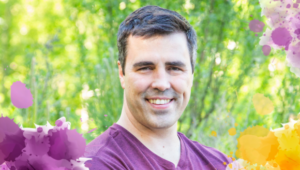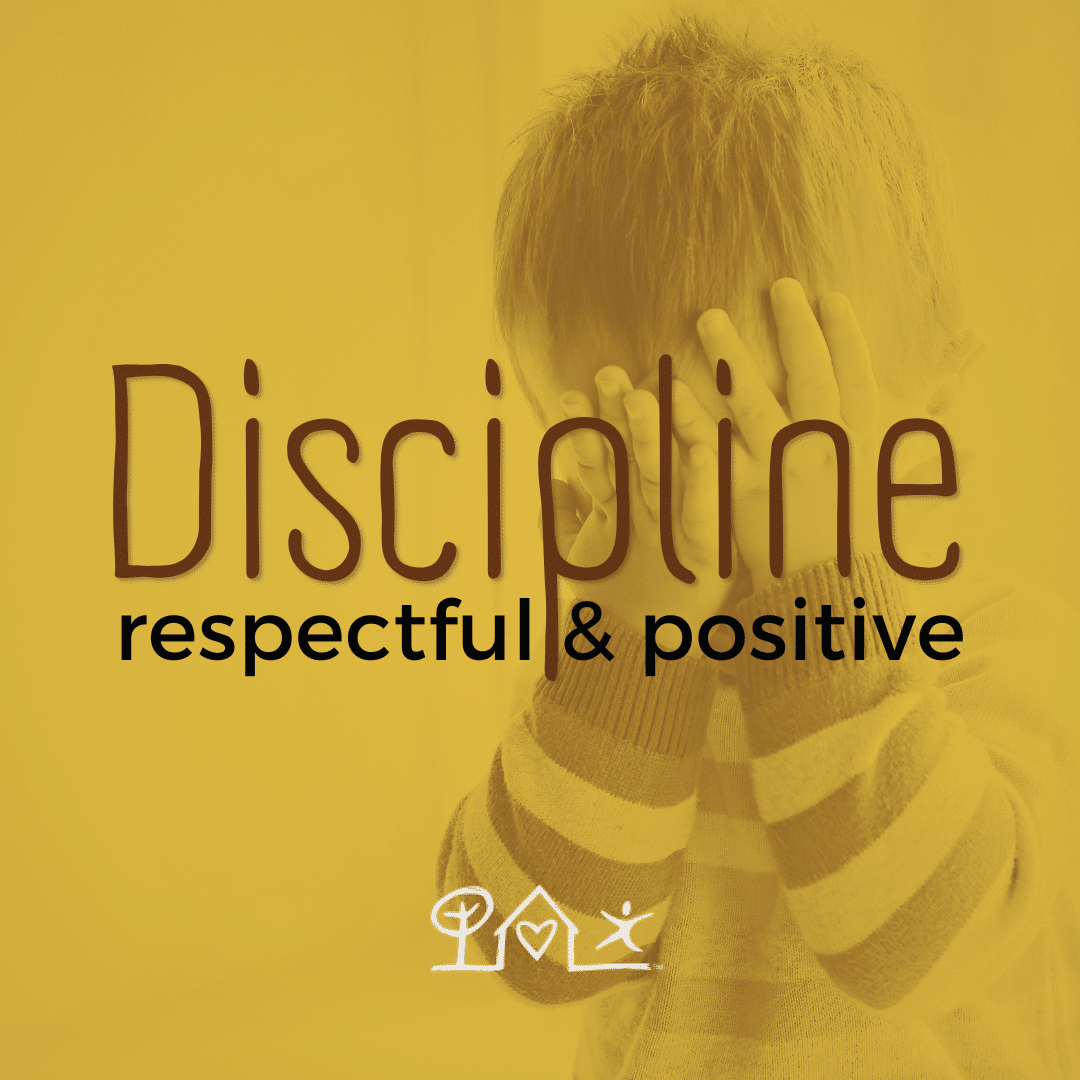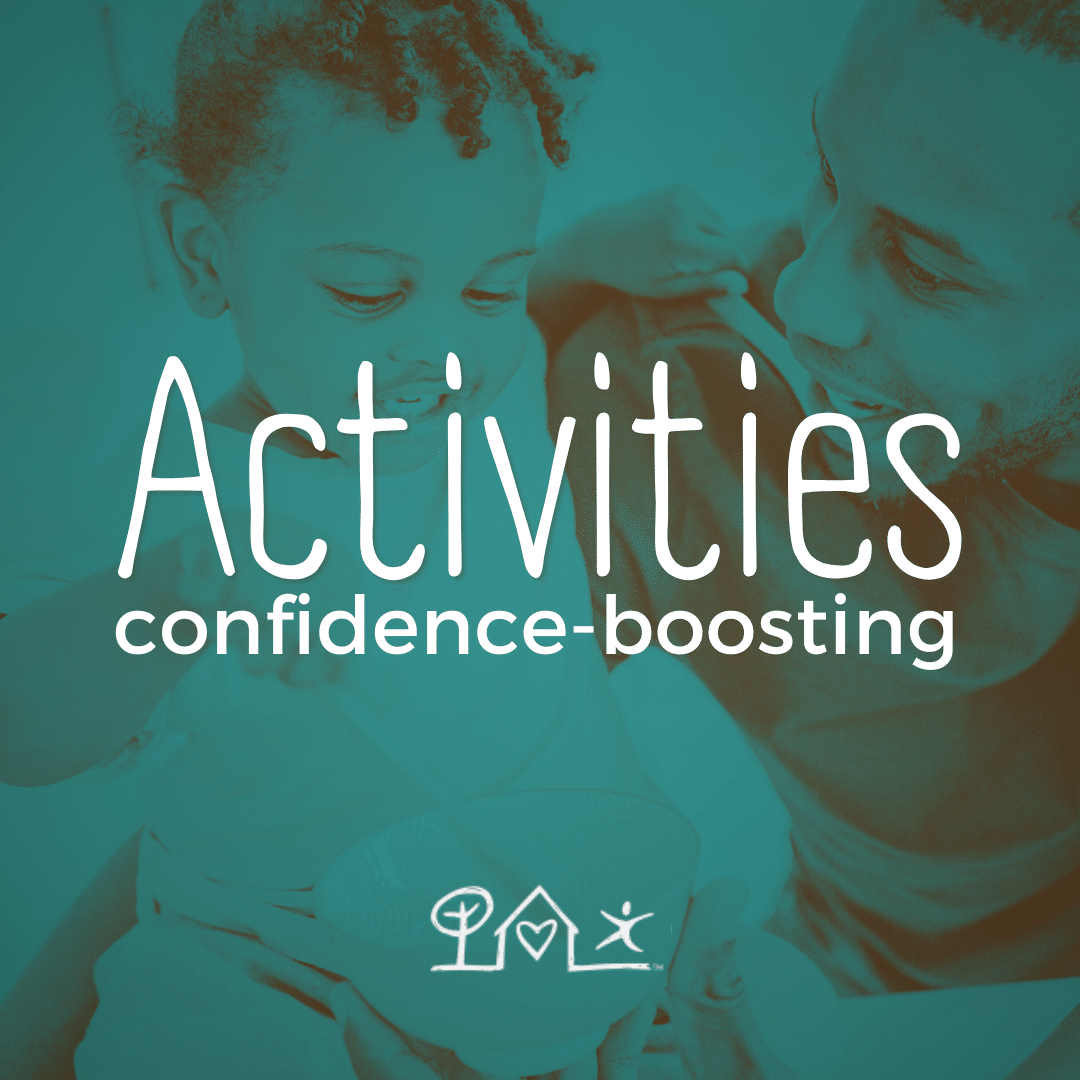
I know how impressionable young brains are and have always been fascinated with the concept of the absorbent mind. Yet, in this episode, we go a little deeper into understanding how early childhood traumas affect brain development and vulnerable minds. It was not an easy conversation, but an important one nonetheless.
What I Talked About
- What compelled Marc to write about early childhood traumas in ‘Vulnerable Minds’
- The impact of trauma on children’s overall development
- The different types of Adverse Childhood Experiences (ACE) and how they can affect children differently.
- The Adverse Ts framework.
- Creating safe environments for children to heal
- Traumatic signatures and how they shape children’s responses to adversity.
- Ways to help children develop resilience and cope with adversity.
Things to Remember
“We need to understand both the nature of experiences and the nature of the responses.”
“The earlier adversity occurs, the more likely the damage will occur because the brain is in a fragile state of development.”
“The essence of the magic comes from building trusting relationships.”
“How you help a child who’s been abused is different from how you help a child who’s been neglected.”
“Different kinds of traumatic experiences can greatly delay the natural development of certain kinds of cognitive, social, and emotional skills.”
“Stress will derail three key parts of learning: Attention, Short-Term Memory, and Self-Regulation.”
“It’s important to recognize that many parents have their own history of traumatic experiences.”
― Marc Hauser
Additional Resources
Vulnerable Minds: The Harm of Childhood Trauma and the Hope of Resilience
World Health Organization’s ACEs Questionnaire
Let’s Continue the conversation…
Now, Marc and I want to hear from you!
Do you wonder how negative early life experiences shape our children’s minds? Listen in as my guest, Marc Hauser, explains the effect of early childhood trauma and what we can do about it.
Remember, The Art of Parenting was created for you. If you have any suggestions for experts, I should have on the show or parenting questions you want to be answered. Please let me know here.
More About My Guest
Hauser’s scientific research, including over 300 published papers and seven books, has focused on how the brain evolves, develops, and is altered by damage and neurodevelopmental disorders, emphasizing the processes of learning and decision-making and the impact of traumatic experiences on development. Hauser’s educational and consulting work has focused on the implementation of quantitative, brain-based methods for teachers, clinicians, and doctors working with children who have different disabilities, including especially those that result from a history of traumatic experiences.
Hauser earned a Bachelor of Science degree from Bucknell University, a Ph.D. from UCLA, and Post-doctoral fellowships from the University of Michigan, Rockefeller University, and University of California-Davis. From 1992-2011, he was a Professor at Harvard University. In 2013, he founded the company Risk-Eraser, which is dedicated to providing software and consulting to programs focusing on students in special education.
- Website: Marc D Hauser
- Facebook: Marc Hauser
- Instagram: @mdhauser
- LinkedIn: Marc Hauser
Show Sponsor

Download your FREE DISCIPLINE TOOLS to learn respectful, easy-to-implement tools to parent with more ease and joy today!









